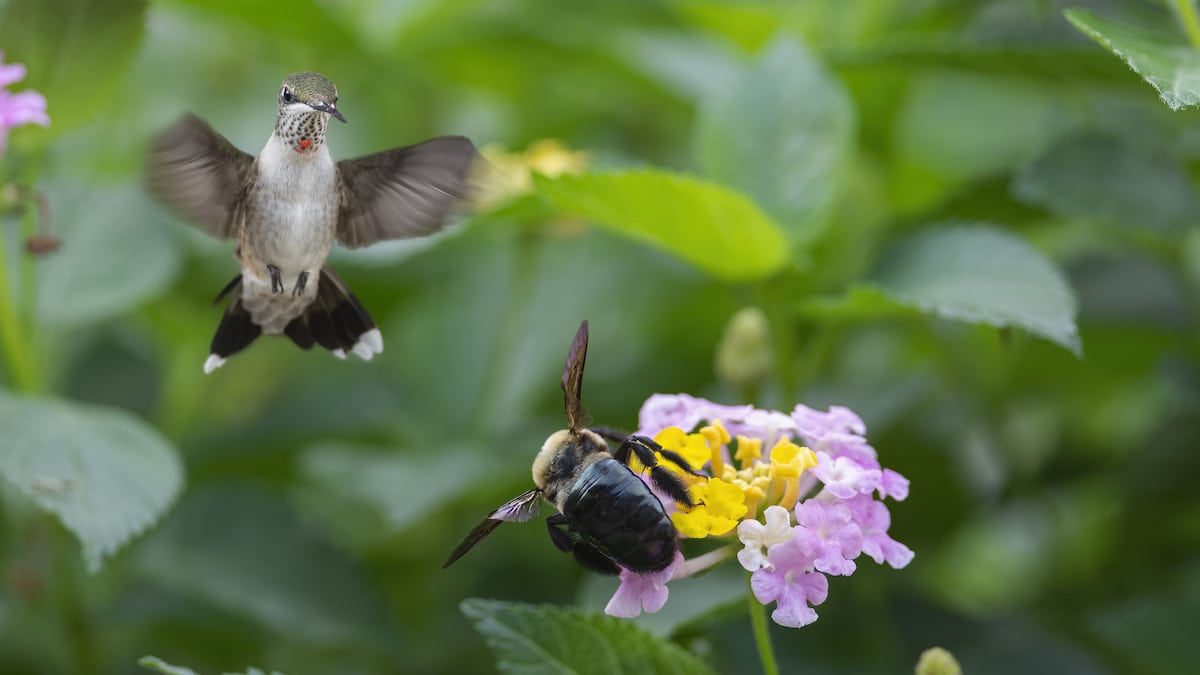

For many people, one rich, pleasant smell signals the start of a new day more than any other: coffee. Different techniques have been used to get the best cup of the caffeine-rich liquid, from a French press to the pour-over method.
A unique new study has found that the secret to better coffee is really in control of the birds and the bees.
In the study, researchers found that when birds and bees joined forces to protect and pollinate coffee plants, the result was coffee beans that were bigger, more abundant and of better quality, reported the University of Vermont. Some of the flying assistants come from thousands of miles away, and without them the $26 billion coffee industry would see a 25 percent decrease in crop yields, or about $1,066 per hectare — a hectare equals almost two and a half acres — in coffee losses.
“Until now, researchers have typically calculated the benefits of nature separately, and then simply added them up,” said Alejandra Martínez-Salinas of the Tropical Agricultural Research and Higher Education Center (CATIE), who was the study’s lead author, the University of Vermont (UVM) reported. “But nature is an interacting system, full of important synergies and trade-offs. We show the ecological and economic importance of these interactions, in one of the first experiments at realistic scales in actual farms.”
For the study, the researchers from Latin America and the U.S. used the world’s most popular type of coffee, Coffea arabica, a self-pollinating crop. They used small lace bags and large nets to test four scenarios on 30 coffee farms in Costa Rica. These included bee pollination alone; pest control by birds alone; zero bee and bird activity; and “a natural environment” in which the bees and birds were free to work together, going about their pollinating activities and munching on insects like the damaging coffee berry borer, which affects worldwide coffee production.
“These results suggest that past assessments of individual ecological services… may actually underestimate the benefits biodiversity provides to agriculture and human wellbeing,” said Taylor Ricketts of the University of Vermont’s Gund Institute for Environment. “These positive interactions mean ecosystem services are more valuable together than separately.”
The study, “Interacting pest control and pollination services in coffee systems,” was published in the journal Proceedings of the National Academy of Sciences.
In the study, it was found that the birds and bees had combined positive effects on the overall weight, weight uniformity and set of the coffee fruit — which all affect the quality and price — that were more significant than each of their effects alone, the University of Vermont reported.
“One important reason we measure these contributions is to help protect and conserve the many species that we depend on, and sometimes take for granted,” Ph.D. candidate at UVM’s Gund Institute for Environment and Rubenstein School of Environment and Natural Resources Natalia Aristizábal said. “Birds, bees, and millions of other species support our lives and livelihoods, but face threats like habitat destruction and climate change.”

 233k
233k  41k
41k  Subscribe
Subscribe 